Clusters for CO2 electrolyzers to Ethylene (CLUE)
CLUE aims to develop the next generation CO2 electrolyzers for sustainable production of ethylene with reduced carbon footprint by designing novel, selective and highly robust electrocatalysts using an innovative approach based on Cluster Beam Deposition (CBD) technology. For electrochemical conversion of CO2 to ethylene, stimulating results have recently been obtained mainly on copper-based catalysts, yielding […]
Clusters for CO2 electrolyzers to Ethylene (CLUE) Meer lezen »




